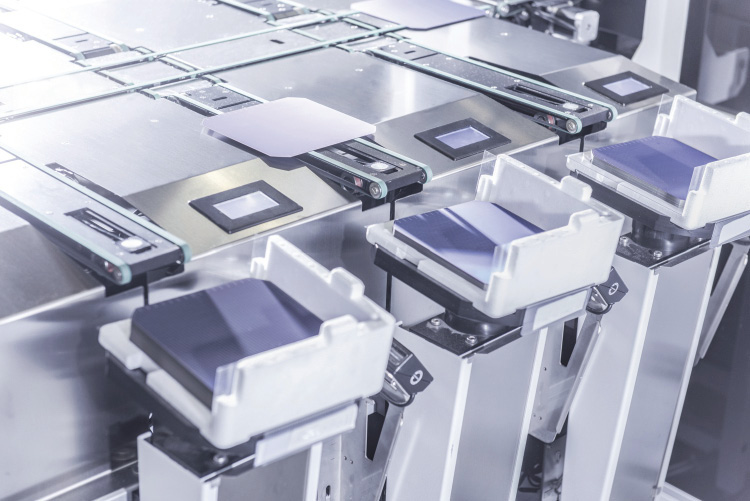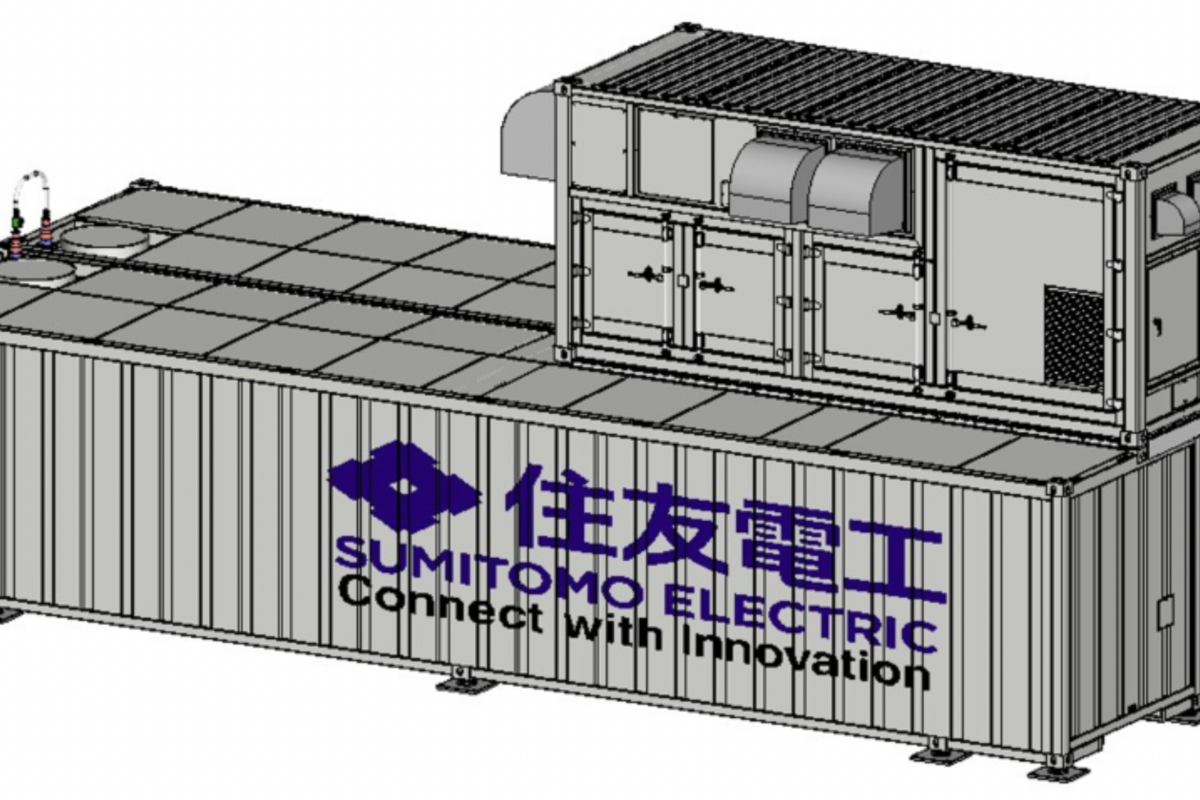The French Alternative Energies and Atomic Energy Commission (CEA) has achieved 23.9% cell efficiency using heterojunction (HJT) technology. The cells were produced in an industrial setting, at a rate of 2,400 per hour, using Meyer Burger equipment, and the efficiency was confirmed by German laboratory CalTec-ISFH.
The team was also able to use HJT cells in a PV module with a power rating of 348 W. The module used 120 HJT half cells with an average efficiency of 23.25%, in combination with Meyer Burger’s SmartWire cell connection technology.
N-type technologies such as HJT are set to see expansion this year as p-type mono PERC technology appears to be nearing its efficiency limits. Meyer Burger announced last month it is supplying a 600 MW HJT and SmartWire production line to an unnamed manufacturer, with the equipment set to begin commercial operation in the second half of the year.
Leading Chinese module manufacturer JinkoSolar announced last week it had achieved 24.2% efficiency using a tunnel oxide passivated contact (TOPCon) cell structure, another n-type technology expected to be in competition with HJT this year. Announcing the efficiency record, Jinko said it expects to be able to use its TOPCon technology to compete with HJT and other new technologies making their way toward mass production.
“2019 will be a year for n-type TOPCon and HJT to compete with each other,” PV InfoLink chief analyst Corrine Lin told to pv magazine at the start of 2019. “The two technologies’ equipment maturity and potential for cost reduction are likely to become clearer during this year. It’s likely that new entrants or manufacturers that plan to expand capacities will go with HJT, while the existing PERC and vertically-integrated manufacturers may prefer to adopt TOPCon.”
This content is protected by copyright and may not be reused. If you want to cooperate with us and would like to reuse some of our content, please contact: editors@pv-magazine.com.




By submitting this form you agree to pv magazine using your data for the purposes of publishing your comment.
Your personal data will only be disclosed or otherwise transmitted to third parties for the purposes of spam filtering or if this is necessary for technical maintenance of the website. Any other transfer to third parties will not take place unless this is justified on the basis of applicable data protection regulations or if pv magazine is legally obliged to do so.
You may revoke this consent at any time with effect for the future, in which case your personal data will be deleted immediately. Otherwise, your data will be deleted if pv magazine has processed your request or the purpose of data storage is fulfilled.
Further information on data privacy can be found in our Data Protection Policy.